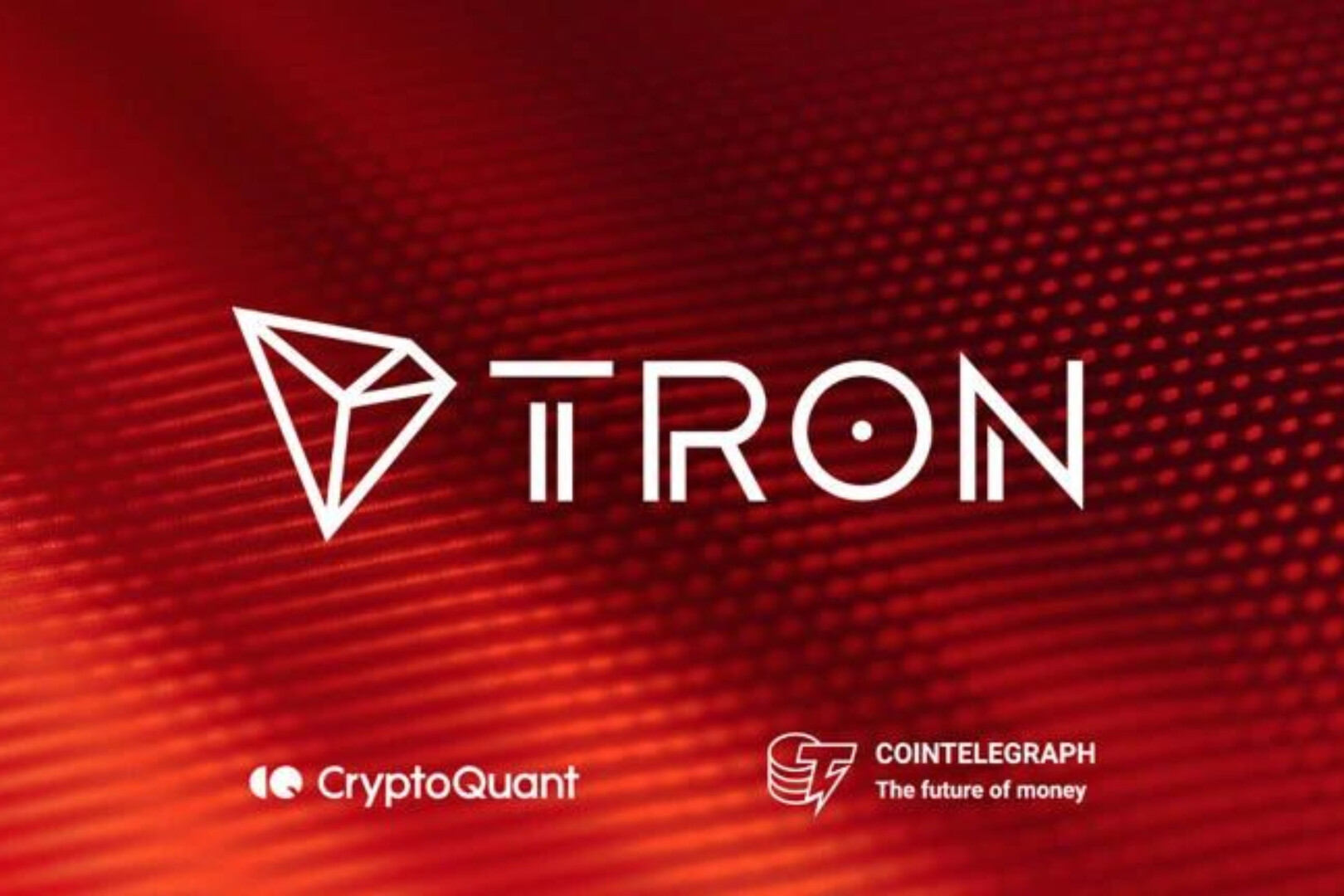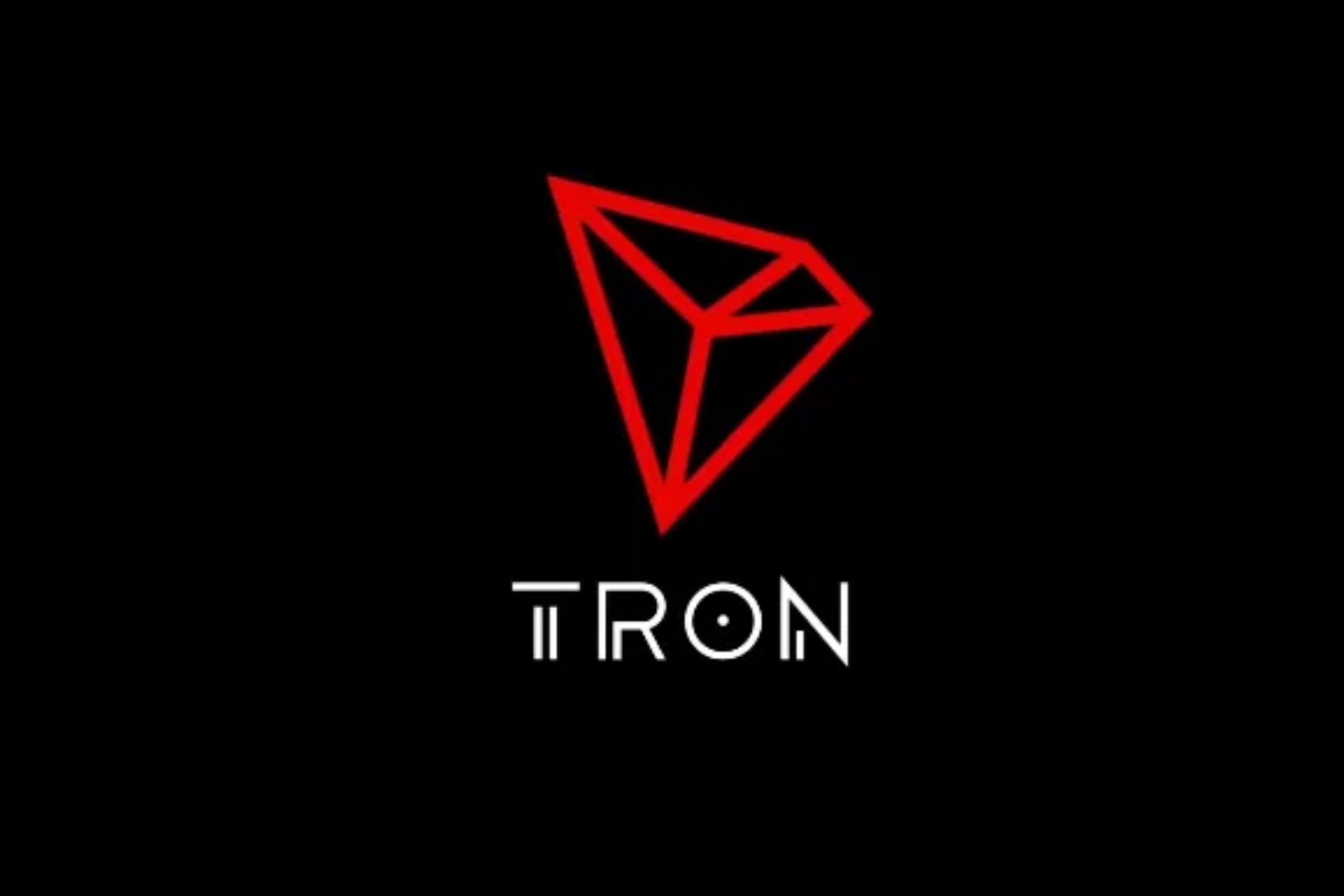1. Facebook will release stable currency on June 18
The social giant Facebook will release the stable currency GlobalCoin on June 18th. According to the information provided by foreign media, this stable currency will be anchored to the legal currency of many countries. It is important to note that Facebook’s “issuing currency” this time is not just for internal settlement, but to combine this stable currency with its advertising business for users’ creation, sharing and other behaviors; at the same time, users also This stable currency can be used for shopping, payment, credit card repayment, salary payment and other behaviors. Currently, Visa, Mastercard, PayPal, and Uber have all expressed support for the stablecoin released by Facebook.
 Stablecoins, as the medium of currency transactions, are undoubtedly a big cake in the field of digital currency. At present, many teams are working on them: the main chain is working on stablecoins. Previous news broke that EOS is about to launch stablecoins; OKLINK has now launched stablecoins USDK; there were several stablecoins released by some companies and institutions in the United States before... However, almost all companies or institutions that make stablecoins currently belong to the blockchain industry, and Facebook, as a traditional social industry, why? Want to release a stablecoin too?
Stablecoins, as the medium of currency transactions, are undoubtedly a big cake in the field of digital currency. At present, many teams are working on them: the main chain is working on stablecoins. Previous news broke that EOS is about to launch stablecoins; OKLINK has now launched stablecoins USDK; there were several stablecoins released by some companies and institutions in the United States before... However, almost all companies or institutions that make stablecoins currently belong to the blockchain industry, and Facebook, as a traditional social industry, why? Want to release a stablecoin too?
2. Facebook's ambition: eat the "big cake" of mobile payment
This is from last year. In the first half of 2018, Facebook was caught in a data leak scandal, which was related to the US election. At the time, Facebook was accused of leaking 50 million user data without permission to Cambridge Analytica, a data analysis company that manipulated the US election. This incident caused Facebook to fall into an unprecedented crisis of trust. Facebook’s stock price plummeted by more than 20%. Facebook’s market value directly shrank by 123 billion U.S. dollars, and Zuckerberg’s personal wealth shrank by 16.8 billion U.S. dollars.
Therefore, when Facebook entered the blockchain at that time, it was widely interpreted by the outside world as Facebook wanting to use the traceable and non-tamperable features of blockchain technology to protect the privacy and security of users. Behavior". However, it should be noted that entering the blockchain is not the same as releasing a stablecoin: because the entering blockchain mainly focuses on data protection, and for Facebook’s upcoming stablecoin, it wants to focus on mobile payments (use The stable currency is used for shopping, payment, credit card payment, salary payment, etc.), and, we say, mobile payment is Facebook's real ambition.
 Why do you say that? Facebook has long realized that "mobile payment" is a "big cake". As early as 2017 (when Facebook had not encountered the data scandal related to the 2018 US election), at that time, Facebook attempted to launch WhatsApp’s payment service in India (but the payment method was legal currency instead of digital currency). WhatsApp can be regarded as an overseas payment service. Currently, many countries in India and Europe use WhatsApp as the main social application. It is said that almost all Android phones in India have WhatsApp installed. However, when it comes to regulatory issues, Facebook has not been able to capture the mobile payment market in India as it wished.
Why do you say that? Facebook has long realized that "mobile payment" is a "big cake". As early as 2017 (when Facebook had not encountered the data scandal related to the 2018 US election), at that time, Facebook attempted to launch WhatsApp’s payment service in India (but the payment method was legal currency instead of digital currency). WhatsApp can be regarded as an overseas payment service. Currently, many countries in India and Europe use WhatsApp as the main social application. It is said that almost all Android phones in India have WhatsApp installed. However, when it comes to regulatory issues, Facebook has not been able to capture the mobile payment market in India as it wished.
However, although Facebook's mobile payment business was "not acclimatized" in India and could not be used, this did not stop it from seizing the mobile payment business. On the contrary, their ambitions became greater and they set their sights on digital currency a globalized"Payment instrument". We know that digital currency is globalized, and Facebook users are also globalized. They come from various countries. Therefore, deploying digital currency payment on Facebook can make the most of these two "globalization" attributes. For example, if I am in the United States, I can spend a certain amount of digital currency on Facebook to tip or transfer money to a British person. At this time, Facebook is equivalent to the role of a bank and can charge a certain fee. If the volume of payment is large enough, the funds circulating in Facebook will be very considerable.
How impressive is it? We can look at a piece of data. Take our WeChat as an example (because WeChat is the main mobile payment application in my country). At present, the daily transaction volume of WeChat payment has reached 170 billion yuan. WeChat can meet almost all of our daily needs: mobile phone recharge, life payment, daily shopping... .... Moreover, the WeChat platform is linked to major merchants, and its big data can fully understand users and accurately grasp user preferences. These advantages are not available in debit cards and credit cards. Merchants entering WeChat can continuously increase traffic and exposure for WeChat; users using WeChat payment can continuously increase the transaction volume for WeChat, and WeChat becomes the biggest winner.
 Whether Facebook's entry into the mobile application is to imitate my country's WeChat and Alipay is still inconclusive. But at present, China Mobile’s payment business is indeed leading the world. While we can use WeChat and Alipay to pay by scanning and shopping with just one click, the United States and Europe are still using credit cards as the main cashless payment method. Payment is indeed a very large market for European and American countries. Therefore, we have reason to believe that the real attempt behind Facebook's entry into the stablecoin lies in mobile payment.
Whether Facebook's entry into the mobile application is to imitate my country's WeChat and Alipay is still inconclusive. But at present, China Mobile’s payment business is indeed leading the world. While we can use WeChat and Alipay to pay by scanning and shopping with just one click, the United States and Europe are still using credit cards as the main cashless payment method. Payment is indeed a very large market for European and American countries. Therefore, we have reason to believe that the real attempt behind Facebook's entry into the stablecoin lies in mobile payment.
3. Why use digital currency (stable currency) instead of legal currency?
Why adopt digital currency (stable currency) instead of fiat currency? We believe that the reason why digital currency is adopted instead of legal currency is precisely because of the global nature of digital currency and because digital currency can solve many pain points of cross-border payment. As founder Mark Zuckerberg said: "I believe that transferring money to others should be as easy as sending a photo. Facebook's stable currency will be dedicated to solving the pain points of transfers, especially cross-border remittance transfers. Made easy and safe..."
In addition to cross-border payments, the adoption of digital currency (stable currency) can also be fully integrated with Facebook's existing advertising business. We know that 98% of Facebook’s revenue comes from advertising. By integrating digital currency and advertising business, users can get digital currency (stable currency) rewards (“watching ads is mining”) for watching ads. Advertisers can also use Facebook’s Stablecoins pay for advertising and become a source of revenue for Facebook.
At present, many analysts believe that the Facebook ecosystem has 2.7 billion users. If the stable currency project is successful, it can directly challenge payment service providers such as PayPal, Square, and Apple Pay.
Having said so much, what we want to express is that Facebook has encountered a data leak and wants to solve the data security problem by entering the blockchain. Perhaps it is only a superficial move to maintain the status quo. The real ambition behind it is to enter the mobile payment business . In other words, Facebook suffered a data leak last year that caused its stock price to plummet. Even if it adopts blockchain technology and the data is very secure, can the stock price situation be reversed all of a sudden? cannot. Entering mobile payment with stable currency can combine multiple income channels such as cross-border payment and advertising revenue. Only the huge amount of funds brought by this method can truly reverse this embarrassing situation.
4. Facebook’s Blockchain History
Speaking of this, we might as well review Facebook's blockchain history.
December 2017: David Marcus, vice president of messaging products at Facebook, joins Coinbase's board of directors. David Marcus is president of PayPal, a leading online payments company in the United States. At this time, Facebook began to discuss the blockchain distributed ledger technology, and David Marcus's online payment career background revealed that the distributed ledger technology is related to the online payment business. The following year, David Marcus left Coinbase's board of directors, the reason for leaving was to avoid an impending conflict of interest.
December 2018: Bloomberg reports that Facebook intends to build a stablecoin. The Information says Facebook’s cryptocurrency will be “designed as a borderless currency with no transaction fees, and will be heavily promoted in developing countries with government-backed currencies and volatile currencies.”
In February 2019, Facebook acquired a British blockchain company called Chainspace. By acquiring the company, Facebook gained some blockchain talent. Shortly thereafter, Silicon Valley investors said Facebook was seeking investors to back its cryptocurrency efforts.
April 2019: Facebook CEO Zuckerberg publicly states at the company's annual F8 event: "I think sending money to someone should be as easy as sending a photo...By controlling new money, Facebook can build A monetizable experience that compensates for lost advertising revenue."
May 2019: The Wall Street Journal publishes news that Facebook is not only looking for venture investors, but also meeting with payment companies such as Western Union and Visa. Meanwhile, Congress took notice of Facebook's efforts, and the company subsequently acquired two compliance professionals from Coinbase with extensive experience in banking and payments. The BBC reports that Facebook will seek discounts from online retailers for customers using the codename "GlobalCoin".
June 2019: In early June, the Financial Times reported that Facebook had been in talks with the U.S. Commodity Futures Trading Commission (CFTC) to determine whether its stablecoin would fall within the regulator’s remit. On June 5, The Information reported that Facebook’s digital token is expected to be announced within a few weeks. On June 14, the Wall Street Journal reported that Facebook had merged with a dozen big-name companies (including Visa, Mastercard, PayPal, and Uber) to form a consortium to manage Global Coin.
......
From the whole process, it is not difficult to see that Facebook has indeed been exploring the digital currency mobile payment project for a long time, which also objectively supports our view that "Facebook's ambition is to use digital currency to realize mobile payment".
5. What impact will Facebook's currency issue have on the currency circle?
Finally, let’s talk about how Facebook’s currency issuance will affect the digital currency circle. We believe that the entry of Facebook is good news for digital currency. Facebook has a huge and global user base, and the introduction of digital currency can make more people aware of digital currency. In this way, it will bring a large number of new users to the currency circle. Moreover, as the world's largest social giant, Facebook's entry into digital currency will surely attract the attention and exploration of other social applications, which can also play a certain role in promoting the accelerated application of blockchain.





